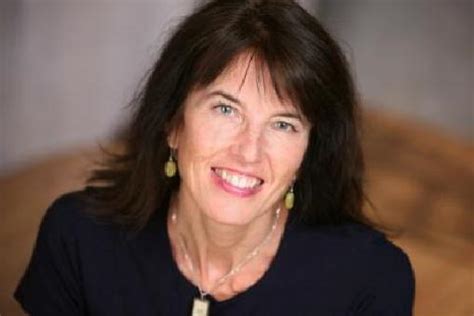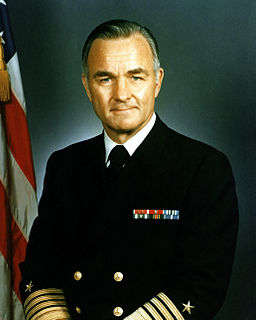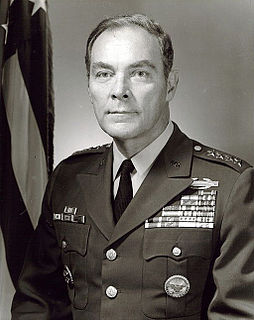A Quote by Paul Samuelson
The contrafactual history is what it would have been the other way. Think of the Kennedy triumph in the missiles crisis. Worked out fine. Khrushchev blinked and so forth. The other road, you don't want to think too hard about. You could have had nuclear missiles wiping out a tenth of the globe.
Related Quotes
Here's the truth: the Soviet Union had thousands of nuclear weapons, and Iran doesn't have a single one. But when the world was on the brink of nuclear holocaust, Kennedy talked to Khrushchev and he got those missiles out of Cuba. Why shouldn't we have the same courage and the confidence to talk to our enemies? That's what strong countries do, that's what strong presidents do, that's what I'll do when I'm president of the United States of America.
Whether we are Christians or Muslims or nationalists or agnostics or atheists, we must first learn to forget our differences. If we have differences, let us differ in the closet; when we come out in front, let us not have anything to argue about until we get finished arguing with the man. If the late President Kennedy could get together with Khrushchev and exchange some wheat, we certainly have more in common with each other than Kennedy and Khrushchev had with each other.
So we [with Kate DiCamillo] would act them out, we would toss ideas back and forth, we would laugh, we would argue. Sometimes it went really well, sometimes it was such a pain in the ass. Our other rule was that we wouldn't work on it at all when we weren't in the other's presence. It was really hard not to do that. We'd start going on email back and forth, 'What do you think about this, what do you think about that?' But, no, no, no, it had to be live. So we forced ourselves not to look at it except during those two-hour stretches when we were actually with each other.
When contemplating a shield that would protect America for incoming missiles, Democrats suddenly became hardheaded fiscal conservatives. For the first time in recorded history, liberals were concerned about the cost and usefulness of a government program. These people believe federally funded art therapy for the homeless will pay for itself. That you can take to the bank. But a shield to repel incoming nuclear missiles from American soil they said, was too expensive and wouldn't work.
At 2:26 AM on 3 June 1980, Colonel William Odom of the Strategic Air Command alerted National Security Advisor Zbigniew Brzezinski that the US nuclear warning system had detected an imminent 220-missile nuclear attack on the US. Shortly thereafter, the automated system revised its projection from 220 missiles to an all-out attack of 2200 missiles. Just before Brzezinski was about to wake up President Carter to authorize a counterattack, he was told that the 'attack' was an illusion caused by 'a computer error in the system'.
You know, it's very clear, as one looks back on history again of the Cold War that, following the crisis in Cuba, following the Khrushchev - beating down of Jack Kennedy in Vienna, that President Kennedy believed that we had to join the battle for the Third World, and the next crisis that developed in that regards was Vietnam.
I think we're going to have to do better. Mr. Nixon talks about our being the strongest country in the world. I think we are today, but we were far stronger relative to the Communists 5 years ago. And what is of great concern is that the balance of power is in danger of moving with them. They made a breakthrough in missiles and by 1961, '2, and '3, they will be outnumbering us in missiles.
I'm no military expert, and these figures might not be exactly right,' I said. 'But as best I can tell, we've launched 114 Tomahawk cruise missiles into Afghanistan so far. Now take the cost of one of those missiles, tipped with a Raytheon guidance system, which I think is about $840,000. For that much money, you could build dozens of schools that could provide tens of thousands of students with a balanced, non extremist education over the course of a generation. Which do you think will make us more secure?





































